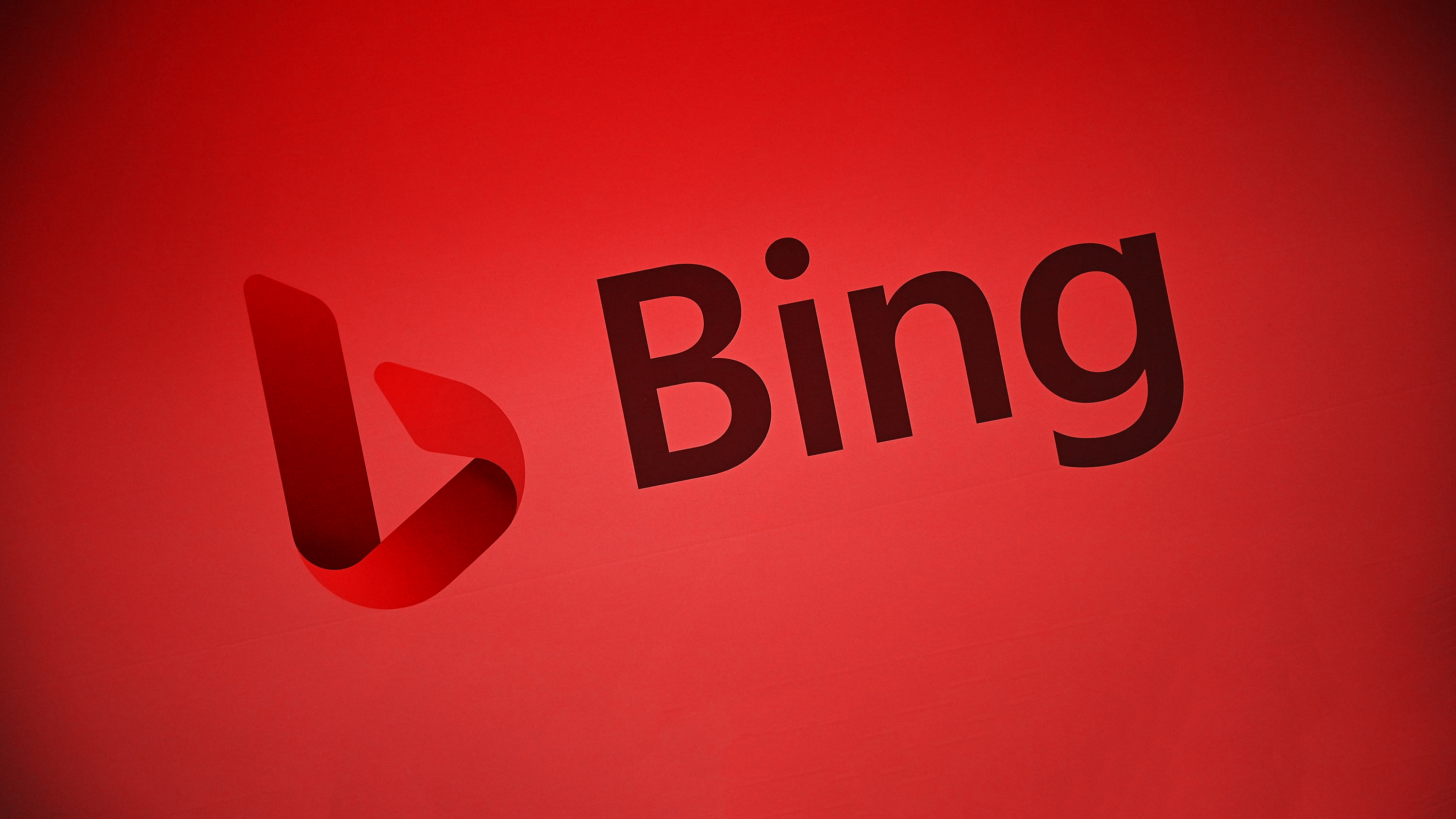Bing market share is stagnant despite multi-billion-dollar investment by Microsoft
Despite spending billions on AI, Microsoft hasn't shifted Bing's market share.

All the latest news, reviews, and guides for Windows and Xbox diehards.
You are now subscribed
Your newsletter sign-up was successful
What you need to know
- The new Bing's market share has remained stagnant since its debut.
- Statistics show that Bing's usage sky-rocketed to 101.7 million in February during Bing Chat's launch.
- Microsoft has refuted the findings and insists that the chatbot is still a hit, stating that the "third-party" findings are inaccurate and don't reflect the actual figures.
At the beginning of this year, Microsoft extended its partnership with OpenAI by making a multi-billion dollar investment. Since then, the company has deeply integrated generative AI across most of its products and services, including the new Bing.
And while entries such as Bing have arguably enjoyed immense success, clocking 100 million daily active users following the launch of Bing Chat, new stats show that Bing's search market share isn't fairing well despite Microsoft's heavy investment in the technology.
According to new data from Statcounter, Bing's global search engine share stood at 2.99% last month, a slight deviation from January's 3.03%. Putting all these into account, Bing's market share has been pretty much the same for the better part of this year, as spotted by the folks at ZDNET.
YipitData, an analytics firm, shared web traffic metrics outlining the number of Bing visitors this year. As you'd expect, many users developed a keen interest in the new technology, which increased the tool's usage. Bing's usage sky-rocketed from 95.7 million in February to 101.7 million in March. However, the traffic was short-lived, as the numbers dropped to 96.4 million in April. Usage spiked again in May to 99.2 million. YipitData's analytics don't factor in mobile devices and China's usage.
The decline in usage of the tool can be attributed to several things. First up, during its debut, the tool was spotted giving inaccurate responses and outrightly being rude to users. This alone spurred an uproar by users across social media platforms criticizing the efficiency and effectiveness of the tool.
There's also the fact that Microsoft had limited the use of the tool to its Chromium-based browser, Microsoft Edge, which didn't sit well with several users who preferred to use other browsers. Likewise, the fact that the tool was still in preview limited the number of users who had access to it. However, the company has since released the tool to open preview and even scrapped the Microsoft Account requirements.
Still, Microsoft has refuted these claims and considers the new Bing a great success. The company highlighted that the figures reflected by the analytic firms do not directly represent the actual numbers since they don't factor in the users who use the tool directly from Bing's Chat page.
All the latest news, reviews, and guides for Windows and Xbox diehards.
While speaking to ZDNet, the senior insights manager for Similarweb, David F. Carr commented on the matter and shared the following:
"Microsoft says their internal numbers show greater growth than we're reflecting. It's possible that we're missing some of the Bing Chat interactions that use an Edge sidebar or extension, but I don't know how significant that is in the grand scheme of things."
A Microsoft spokesman stated to ZDNet, "while we cannot comment on third-party data, we can share that Bing has grown to exceed 100 million daily active users. Our usage signals show strong growth since February and because of new access points like Bing Chat Enterprise, we've experienced one of our biggest growth months on record since we launched our new Bing and Edge experience. Already, our customers have engaged in over a billion chats and have created over 750 million images with Bing Image Creator."
What's next for Bing Chat?
Earlier this month, Microsoft celebrated six months since debuting Bing Chat, highlighting some of its successes, including multimodal visual search in chat, third-party browser support, Bing Image Creator, and more.
The fact that Microsoft has expanded the tool's accessibility to third-party browsers is a clear indication that the company is on the verge of tapping into a new market. More people are likely to leverage the tool's capability because it's available across multiple platforms, unlike before when it was limited to Edge.
SimilarWeb highlighted that the number of users leveraging ChatGPT's offerings has decreased by 12 percent between June and July.
Additionally, the recently launched investigation by the FTC that's in place to find out whether OpenAI has broken consumer protection laws while running its operations. If found guilty, the repercussions will spread beyond OpenAI and affect Microsoft.
Many organizations are still warming up to the new technology, which could be why the adoption rate is stagnant. There's a lot of fear and concern that the chatbot might be collecting private data and information and using it elsewhere. It's unclear what steps Microsoft intends to take to remedy the situation and expedite the adoption rate for the chatbot and all its offerings. Only time will tell..

Kevin Okemwa is a seasoned tech journalist based in Nairobi, Kenya with lots of experience covering the latest trends and developments in the industry at Windows Central. With a passion for innovation and a keen eye for detail, he has written for leading publications such as OnMSFT, MakeUseOf, and Windows Report, providing insightful analysis and breaking news on everything revolving around the Microsoft ecosystem. While AFK and not busy following the ever-emerging trends in tech, you can find him exploring the world or listening to music.
